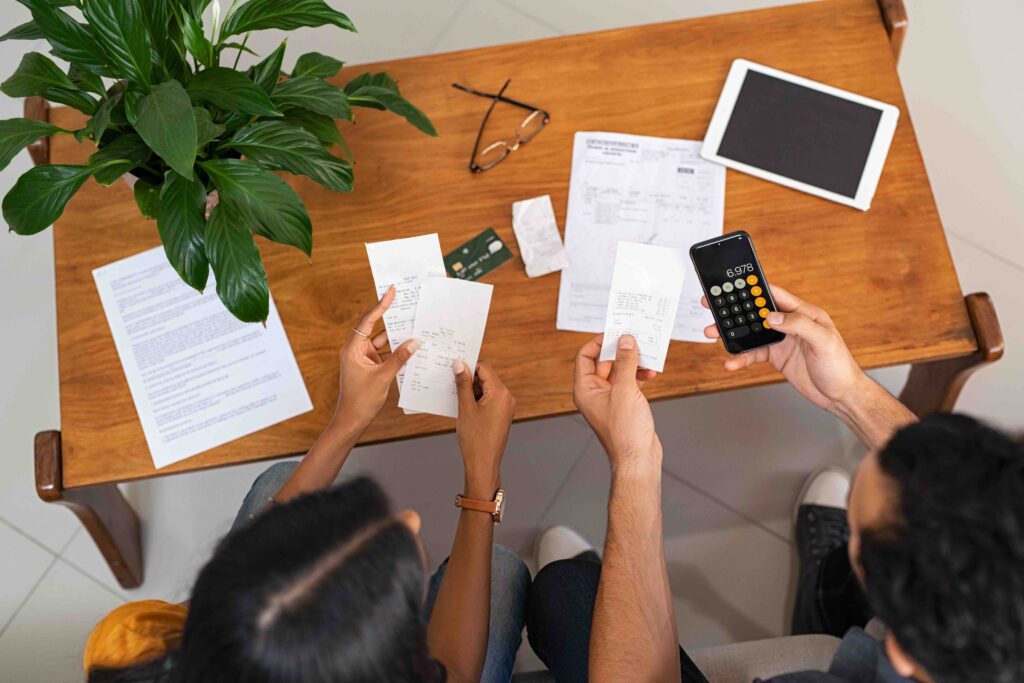Although the end of January is still a few weeks away, did you realise that filing your tax return sooner rather than later has a number of advantages? The one positive aspect of the tax return deadline is that it is always the same – January 31st. This means that with a little planning and
Tag Archives: HMRC
The simplicity of starting and operating your own business is one of the key advantages of working for yourself. Even when working for someone else, you might apply to become a sole trader, which is another word for self-employed, to see if you like it. Here are 5 things you must do when you decide
Corporation Tax MUST be paid on the earnings of a limited company, Corporation Tax is not billed to you. To work out, pay, and submit your taxes, you must do certain things. In last year’s budget announcements (March and October 2021), the Chancellor announced a variety of company tax reforms, some of which are already
If you are a sole trader, you can simply take money from your business bank account to pay yourself as a sole trader (we strongly recommend that you use a separate business bank account for your sole trader finances). And you need to make sure that you keep a record of these drawings, along with
Although not everyone is required to file a self-assessment tax return, there are a few circumstances in which you may be compelled to do so, even if you are an employee who has tax taken at source from your salary. It’s crucial to be aware of scenarios where a tax return is required because HM
“How long do I need to keep business invoices?” This is a question that new sole traders and company directors often ask. Before we answer that question, we think it is probably more important to clarify just what invoices you need to keep! Keeping hold of invoices issued by your business is necessary for a
So you’ve decided to Start-Up that business idea floating about in your head, and turn it into a reality; you’ve got a name, now you just need an Entity- but which is right? Limited Company, Sole Trader or Partnership? You should assess the types based on your available time, commitment and resources, and consider long-term
All businesses which have an annual turnover of more than the current VAT threshold (£85,000) must register for VAT and complete a quarterly VAT return, once your business is registered you must do three things: You must charge VAT (20%) on the goods or services you sell to customers and other businesses You must pay
….Are you aware of the changes? The VAT Flat Rate Scheme simplifies businesses’ record keeping, and makes it easy to work out the VAT they have to pay. However as of 1st April 2017 the scheme changed, as announced by the Chancellor in his Autumn Statement last year. So, how does it work? Normally a
There are a number of common self-assesment / tax return mistakes that can hold things up (possibly leading to a penalty fee), cause you problems or even prompt HMRC to look more closely at you. So it’s best to be aware of them and make sure you don’t make them! The easiest way to avoid










